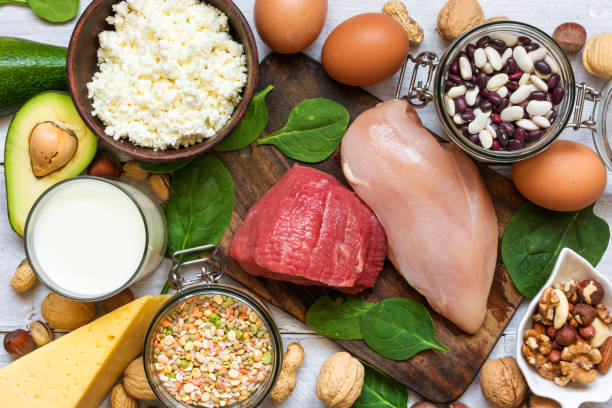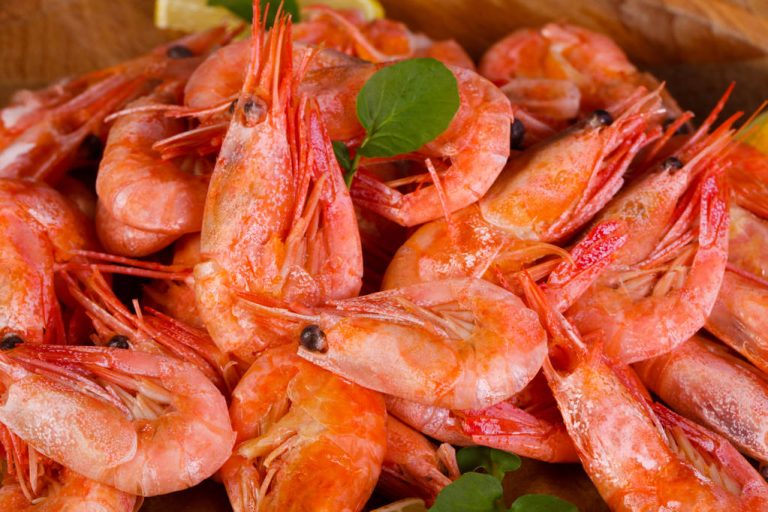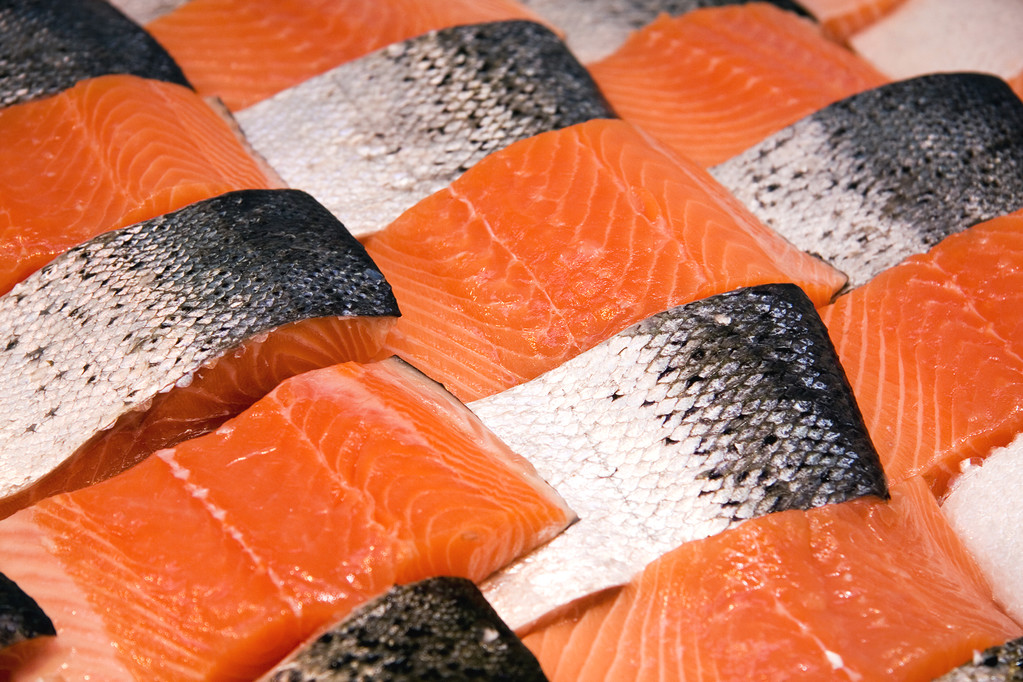Glutamate is notorious to many people. They do not want to consume the flavor enhancer and avoid corresponding foods. The problem: Not only do industrially manufactured products contain glutamate – it occurs naturally in foods containing protein.
Glutamate in protein foods
Small amounts of natural glutamate are found in all protein foods. Because monosodium glutamate is a salt of glutamic acid and this is found in both plant and animal protein. If the glutamate is only contained in a portion of food in this way and not as an additive, it does not have to be included in the list of ingredients.

Foods that say “no flavor enhancers added” can also contain natural glutamate. This is the case with the reference to yeast extract or tomatoes on the list of ingredients. So far it has not been scientifically known that glutamate could endanger health.
Foods with glutamate
When it comes to foods with glutamate, many people think of ready meals, packet soups, or chips. No wonder, these dishes contain plenty of glutamates, which are artificially produced in the industry. The most commonly used additive is monosodium glutamate: a white powder to which many people are allergic.
But there are also natural foods with glutamate. Parmesan cheese is the leader: It contains 1,200 milligrams of glutamate (per 100 grams), followed by beans (200 milligrams / 100 grams) and tomatoes (140 milligrams / 100 grams). With 45 milligrams per 100 grams, chicken meat has more glutamate than beef (35 milligrams / 100 grams). Very little natural glutamate contains cod with 10 milligrams per 100 grams and cow’s milk with 2 milligrams per 100 grams.
What is glutamate?
Glutamate is an amino acid that plays an important role in cell metabolism. It is produced by the human body. As a messenger substance in the brain, glutamate is important for signal transmission there. It serves as a detoxifier of ammonia and is an important nutrient for nucleotide synthesis and for rapidly dividing cells (intestinal and immune cells).

As an excitatory neurotransmitterr, glutamate is also important for motor control, learning, and memory, and for the transmission of sensory perception.
However, in larger amounts, glutamate can cause allergy-like reactions. Because today it is no longer obtained from algae, but artificially produced in huge quantities by industry. Since then there has been a lively discussion about the effect of glutamate on the body.



